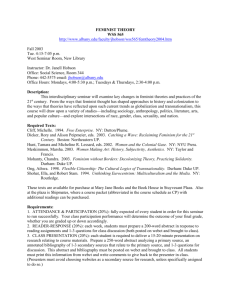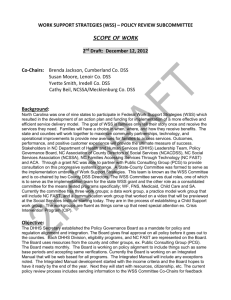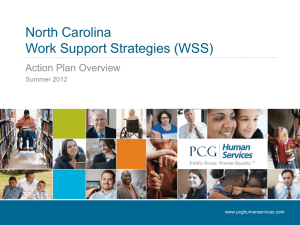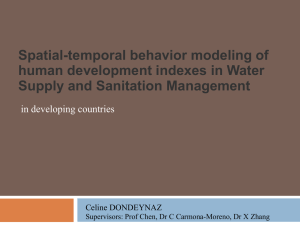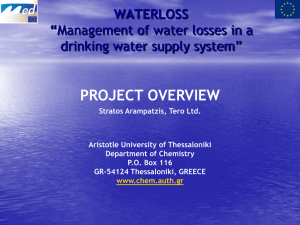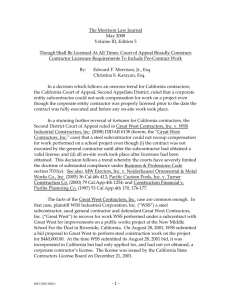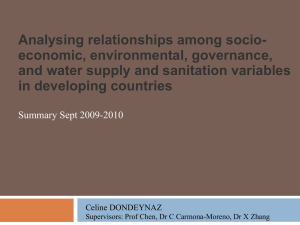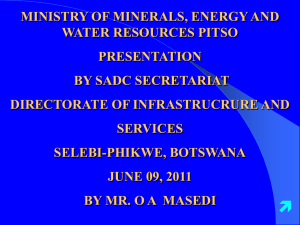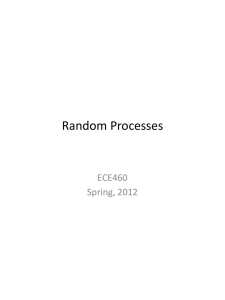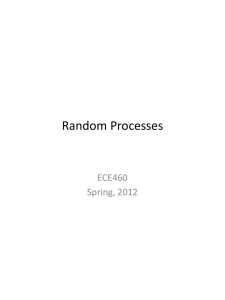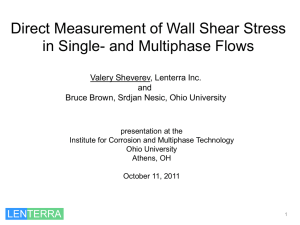Bulgaria
advertisement
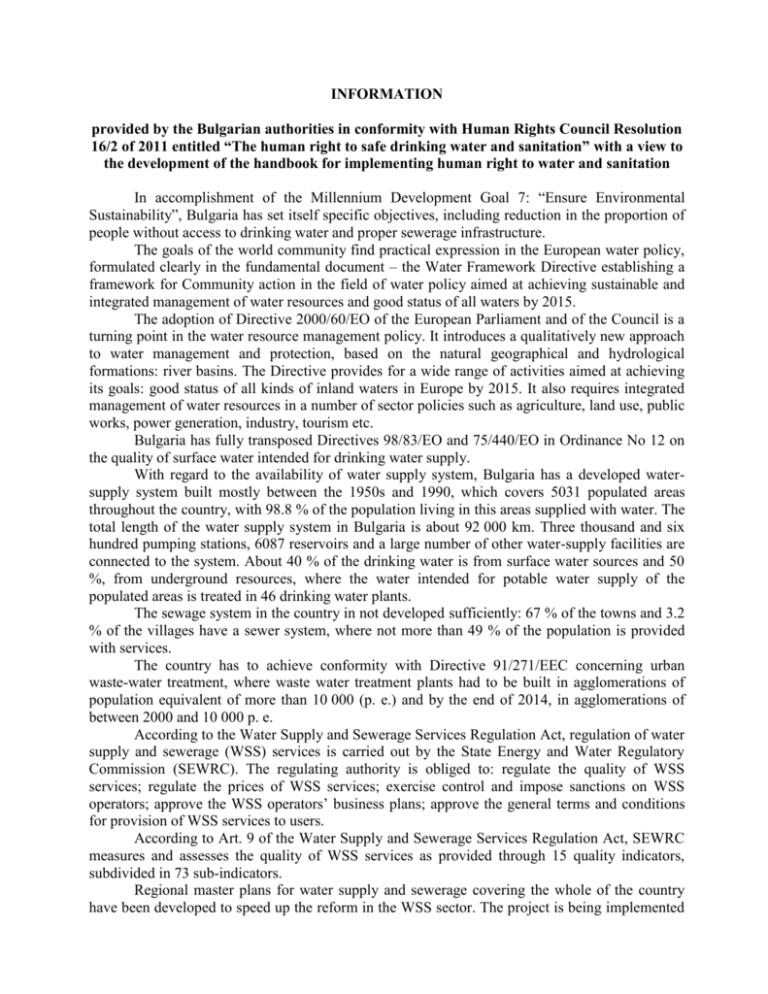
INFORMATION provided by the Bulgarian authorities in conformity with Human Rights Council Resolution 16/2 of 2011 entitled “The human right to safe drinking water and sanitation” with a view to the development of the handbook for implementing human right to water and sanitation In accomplishment of the Millennium Development Goal 7: “Ensure Environmental Sustainability”, Bulgaria has set itself specific objectives, including reduction in the proportion of people without access to drinking water and proper sewerage infrastructure. The goals of the world community find practical expression in the European water policy, formulated clearly in the fundamental document – the Water Framework Directive establishing a framework for Community action in the field of water policy aimed at achieving sustainable and integrated management of water resources and good status of all waters by 2015. The adoption of Directive 2000/60/EO of the European Parliament and of the Council is a turning point in the water resource management policy. It introduces a qualitatively new approach to water management and protection, based on the natural geographical and hydrological formations: river basins. The Directive provides for a wide range of activities aimed at achieving its goals: good status of all kinds of inland waters in Europe by 2015. It also requires integrated management of water resources in a number of sector policies such as agriculture, land use, public works, power generation, industry, tourism etc. Bulgaria has fully transposed Directives 98/83/EO and 75/440/EO in Ordinance No 12 on the quality of surface water intended for drinking water supply. With regard to the availability of water supply system, Bulgaria has a developed watersupply system built mostly between the 1950s and 1990, which covers 5031 populated areas throughout the country, with 98.8 % of the population living in this areas supplied with water. The total length of the water supply system in Bulgaria is about 92 000 km. Three thousand and six hundred pumping stations, 6087 reservoirs and a large number of other water-supply facilities are connected to the system. About 40 % of the drinking water is from surface water sources and 50 %, from underground resources, where the water intended for potable water supply of the populated areas is treated in 46 drinking water plants. The sewage system in the country in not developed sufficiently: 67 % of the towns and 3.2 % of the villages have a sewer system, where not more than 49 % of the population is provided with services. The country has to achieve conformity with Directive 91/271/EEC concerning urban waste-water treatment, where waste water treatment plants had to be built in agglomerations of population equivalent of more than 10 000 (p. e.) and by the end of 2014, in agglomerations of between 2000 and 10 000 p. e. According to the Water Supply and Sewerage Services Regulation Act, regulation of water supply and sewerage (WSS) services is carried out by the State Energy and Water Regulatory Commission (SEWRC). The regulating authority is obliged to: regulate the quality of WSS services; regulate the prices of WSS services; exercise control and impose sanctions on WSS operators; approve the WSS operators’ business plans; approve the general terms and conditions for provision of WSS services to users. According to Art. 9 of the Water Supply and Sewerage Services Regulation Act, SEWRC measures and assesses the quality of WSS services as provided through 15 quality indicators, subdivided in 73 sub-indicators. Regional master plans for water supply and sewerage covering the whole of the country have been developed to speed up the reform in the WSS sector. The project is being implemented by the Ministry of Regional Development with a loan from the International Bank for Reconstruction and Development, co-financed by the State budget. In compliance with the requirements of the Water Act, the Regional Master Plans contain a thorough examination of the type and status of the WSS systems, a WSS services development forecast satisfying the users, water loss reduction and assurance of good quality of the service with a socially affordable price. The Regional Master Plans identify the priorities for development of WSS systems and facilities in each separate territory, taking into account the demographic and socio-economic development. The short-term investment programmes contained in the Regional Master Plans focus on measures which help achieve conformity with the European legislation in the area of drinking and household water supply and the collection, discharge and treatment of waste water. The measures identified in the “Sewerage” part have been planned for implementation of the commitments taken by Bulgaria with regard to agglomerations of population equivalent of more than 2000 and the measures in the “Water Supply” part aim at achieving full compliance with the European directives concerning drinking water supply. To identify the priorities and goals, the Ministry of Regional Development has drawn up a WSS sector strategy. The Strategy outlines the policies and principles of development of the water supply and sewerage services sector; the legal, regulatory and institutional framework for effective and sustainable management of the WSS companies, in compliance with economic principles; the need for short-term and long-term financing of the WSS sector, with defined strategic goals, including: conformity with the national and European requirements, sustainability through the creation of environmentally friendly, financially and technically supported and viable WSS sector; affordable prices of the WSS services for the users; quality of services and efficiency of WSS operators in compliance with the best European practices. Secondary legislation acts concerning the development and management of the Water Supply and Sewerage sector are in a process of preparation. Priority ones among them are: Ordinance for the Requirements and Criteria for WSS Operators; Ordinance on the procedures for establishment and maintenance of a Unified Information System and of a Register of Associations by WSS and WSS operators; Terms of reference of the WSS associations. Currently, the following more important achievements in the management of the sector can be pointed out, which have a direct influence on the right to potable water and the use of sewerage infrastructure according to the European legislation: Transposing the European Union water legislation; An independent regulator in the WSS sector, balancing the WSS operators’ interests and those of consumers, is available; Legal changes defining the ownership of the WSS infrastructure as public-State and publicmunicipal; Long-term regional planning for development of the water sector, with long-term and short-term investment planning being bound.
